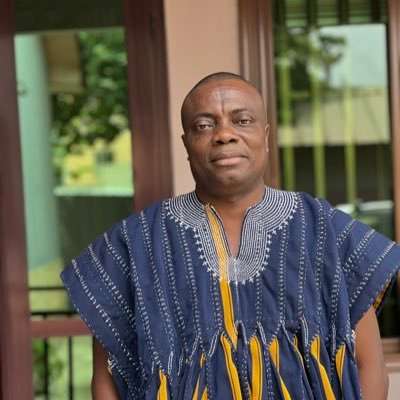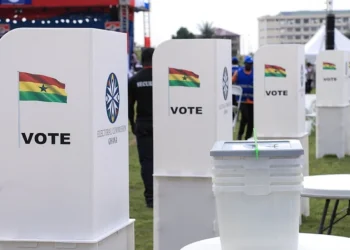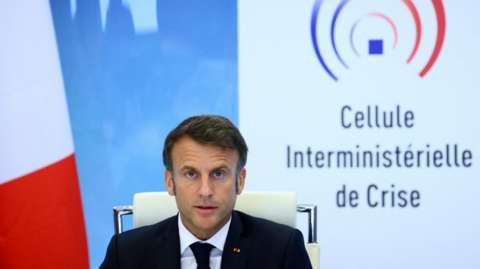Mussa Dankwah has indicated a national poll conducted by Global InfoAnalytics in January 2024, which revealed that voters in the Northern and Ashanti regions were the most severely affected by the economic crisis, leading to a significant decline in their standard of living.
According to Dankwah, a mere 17% of voters in the Ashanti region reported an improvement in their living standards compared to the previous year, while a staggering 63% said their situation had deteriorated.
Meanwhile, 18% of voters reported no significant change in their living standards, and 2% either remained neutral or had no opinion on the matter.
“Folks, one thing about scientific surveys is that they truly measure the sentiments and thoughts of people and will be vindicated by the reality or other surveys conducted by other organizations”.
Mussa Dankwah
Mussa Dankwah further noted that in the Northern region, a mere 15% of voters reported an improvement in their living standards, while a staggering 75% said their situation had deteriorated.
Meanwhile, 8% reported no significant change, and 2% remained neutral or had no opinion on the matter.
Dankwah highlighted that the poll results for the Greater Accra region indicate that only 16% of voters experienced improved living standards, while a significant 63% reported a decline.
Meanwhile, 18% reported no significant change, and 3% remained undecided or had no opinion on the matter.
Mussa Dankwah observed that in the Central region, a quarter (25%) of voters reported improved living standards, while more than half (55%) experienced a decline.
Meanwhile, 15% reported no significant change, and 6% were undecided or had no opinion on the matter.
Furthermore, Mussa Dankwah revealed that the April 2024 national poll showed the Volta, Greater Accra, and Northern regions as the hardest hit by deteriorating living standards, with the most significant declines reported in these areas.
Poverty Report Highlights Regional Disparities
Additionally, Mussa Dankwah pointed out that the Ghana Statistical Service (GSS) multidimensional poverty report reveals that the Ashanti and Northern regions are at the highest levels of poverty, corroborating the findings of the January poll conducted by Global InfoAnalytics.

“You can obtain the full report and see the ranking and compare that to the regions that said their standards of living got worse. These data have electoral consequences, but it is ok to disagree”.
Mussa Dankwah
Mussa Dankwah emphasized that the outcome of the 2024 elections will largely be determined by the voting patterns in the key regions of Ashanti, Northern, Greater Accra, and Volta, which are expected to be crucial battlegrounds.
Dankwah clarified that the economic crisis has disproportionately affected these four regions, making them the key battlegrounds in the 2024 elections, where voters’ economic concerns and frustrations will play a significant role in determining the outcome.
Dankwah corroborated the World Bank’s stance, warning that the macroeconomic crisis and debt distress in the country are having devastating consequences, including a sharp deterioration in living standards and a worsening of poverty levels, which will have far-reaching implications for the population’s well-being.
Dankwah stressed that the prevailing economic conditions and the resulting standard of living of citizens nationwide will significantly impact the election outcome, as voters’ economic experiences and concerns will shape their decisions at the polls to a considerable extent.
Dankwah cautioned that the familiar two-party dominance of the NDC and NPP will face unprecedented challenges in the 2024 election, as voters’ disillusionment with the status quo and economic hardship will introduce new variables that will alter the electoral calculus.
Franklin Cudjoe echoed Dankwah’s sentiments, emphasizing that the upcoming election should be centered on substantive policy debates and innovative ideas, rather than mere political rhetoric or party loyalty
“We must assess how current and future ideas proposed by… candidates are hurting or healing us and ask what [they] can do about those hurting us now”. – Franklin Cudjoe




















